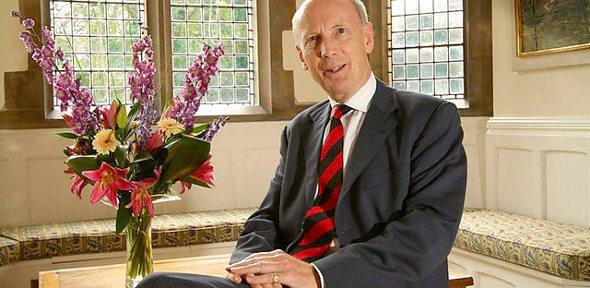
Each week, Professor Jim Al-Khalili talks to leading scientists about their life and work, finding out what inspires and motivates them and asking what their discoveries might do for mankind. This week he talks to Robert Mair, Professor of Civil Engineering at the University of Cambridge about his life as an engineer in academia and industry and world expert on finding innovative solutions to the problems of building tunnels under already congested cities.
He talks about his innovative technique of 'compensation grouting' which prevented Big Ben from tilting, and even cracking and coming away from the Houses of Parliament, during the tunnelling and 40m deep excavation for Westminster station which was the deepest in London and just 28 metres from Big Ben.
Robert chaired the report by the Royal Society and Royal Academy of Engineering, commissioned by the government, into the safety of 'fracking' (hydraulic fracturing), where water and chemicals are pumped, under pressure, into shale rock to release gas. The technique has hit the headlines amid concerns about the risks of its use causing earthquakes and contaminating water supplies. Robert explains why, with the best practice and strong regulation, the technique could be safely used in the UK.
He also talks about the latest work in the Cambridge Centre for Smart Infrastructure and Construction on smart sensors which can harvest their own energy. And when built into bridges, buildings or tunnels they could make sure the engineering projects of the future will be able to continuously monitor and report on their own safety.

